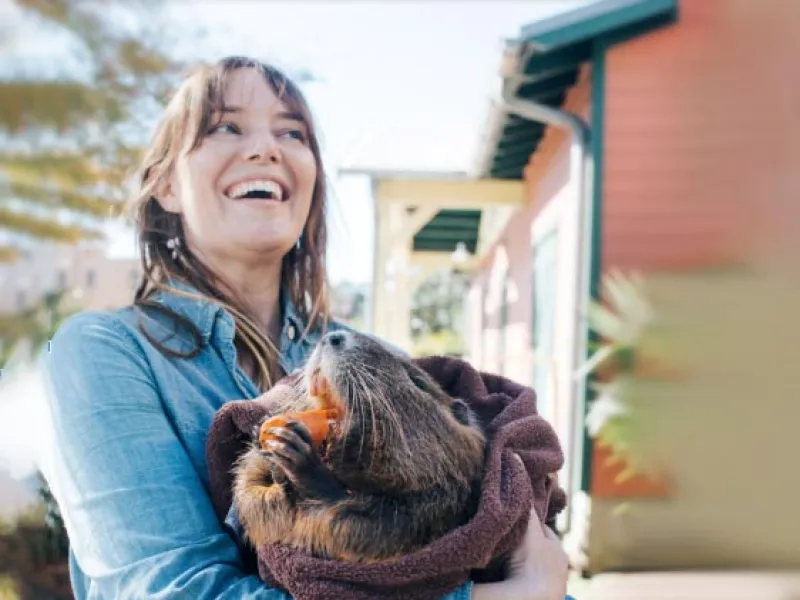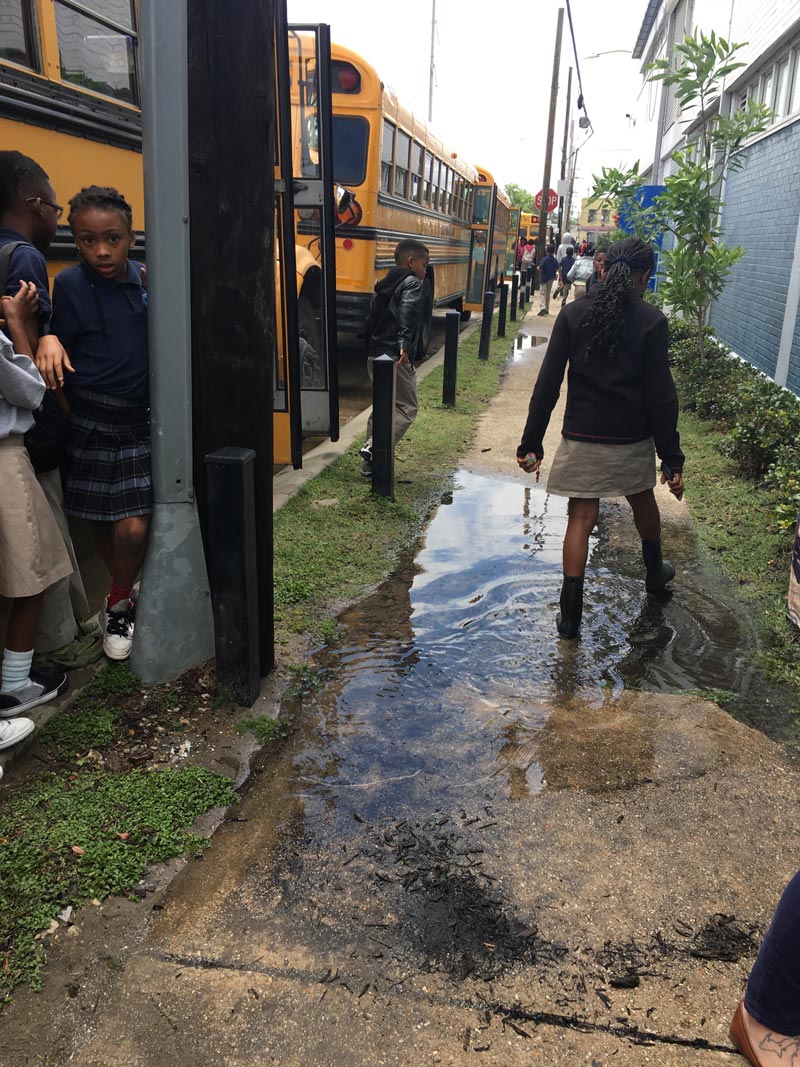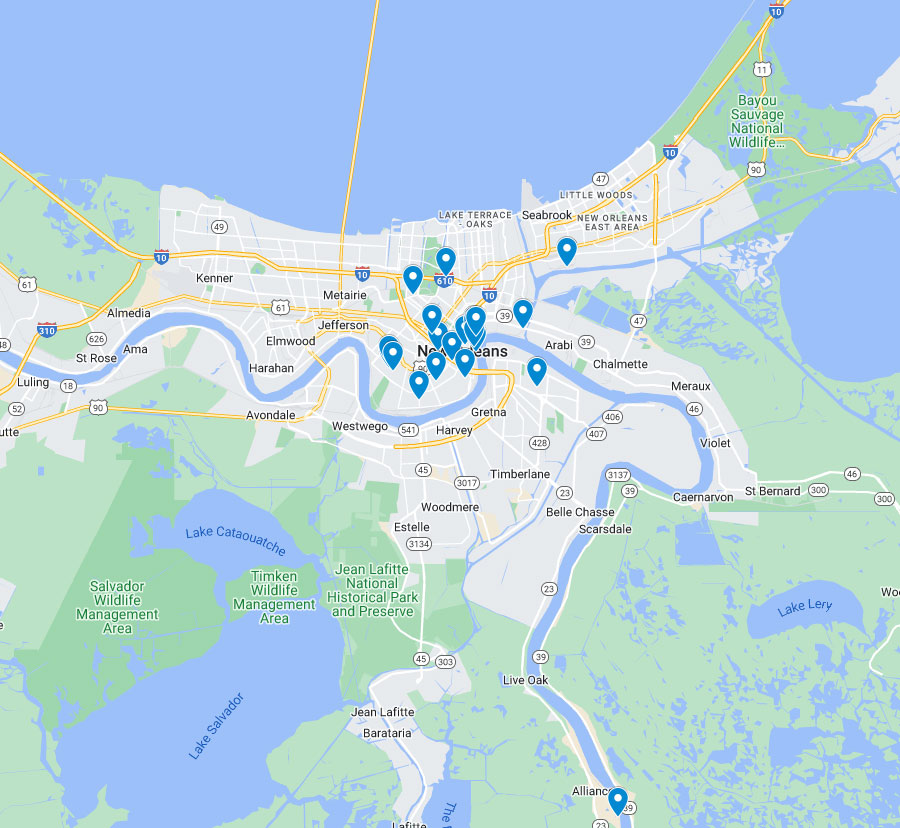
Biography
Claire Anderson is co-founder and executive director of Ripple Effect Water Literacy Project, an environmental science education non-profit whose mission is to empower students and teachers with the knowledge, skill, and ethical grounding they need to strengthen communities in a time of climate change and sea-level rise.
Drawing from her experience as an elementary science and mathematics teacher, Anderson has led Ripple Effect in curriculum design and teacher professional development about the social and ecological dimensions of urban flooding and coastal land loss along. To date, Ripple Effect has provided year-long fellowships for over 70 teachers, which has resulted in water literacy instruction for over 4,000 public school students.
Currently, Claire is leading multi-year education projects with KIPP New Orleans and Collegiate Academies.
Research
This project will produce design specifications and one exemplar for 2-4 minute films for use in environmental science classrooms. Films will be used by teachers to introduce students to a contemporary socio-ecological water issue, such as urban stormwater flooding, impacts of major storms, or coastal land loss, and do so in a way that sparks student questions and jumpstarts and inquiry-based science learning experience. As students work toward answers to their questions over multiple weeks in a course of study, they also satisfy learning requirements for Louisiana and National Next Generation Science Standards. With support from the Monroe Fellowship, I will draw from current research about how students effectively engage with video and audio assets in classroom settings, work with a documentary filmmaker to prototype films, and convene focus groups of high school students and teachers in New Orleans public schools to produce findings on what aspects of the prototypes were most effective at (1) activating students’ prior knowledge, (2) sparking student interest, and (3) provoking student questions that accurately preview the trajectory of ideas and science-based practices embedded in subsequent lessons.



